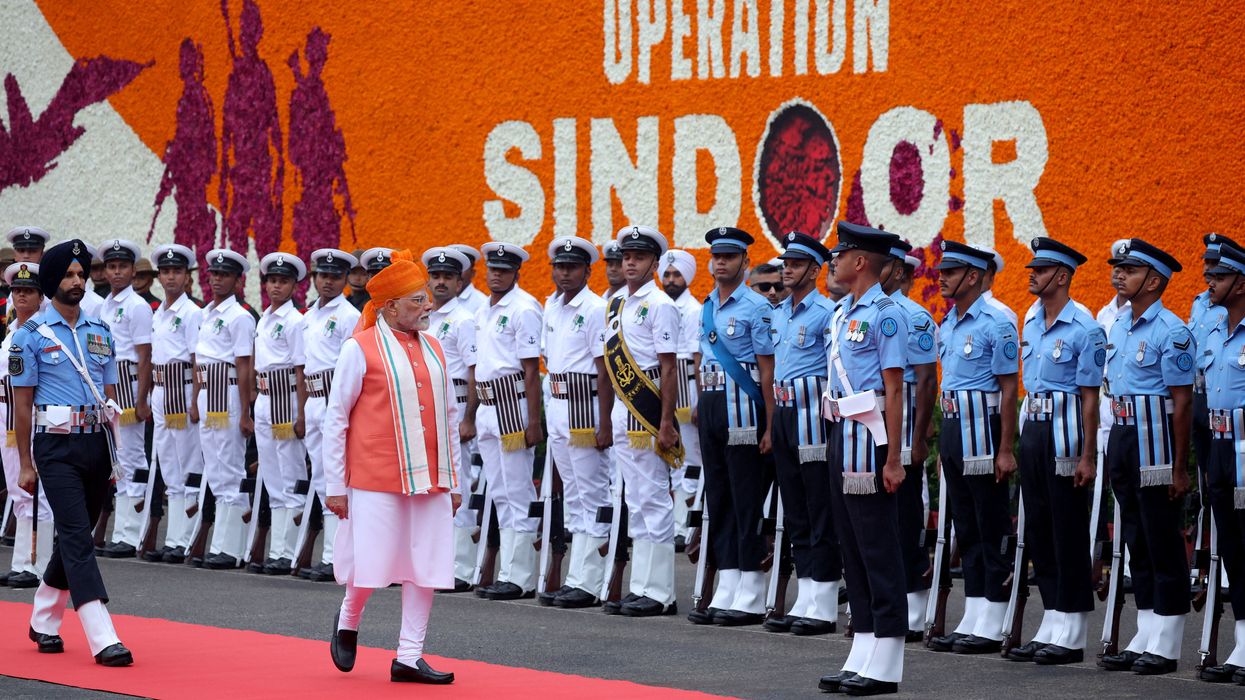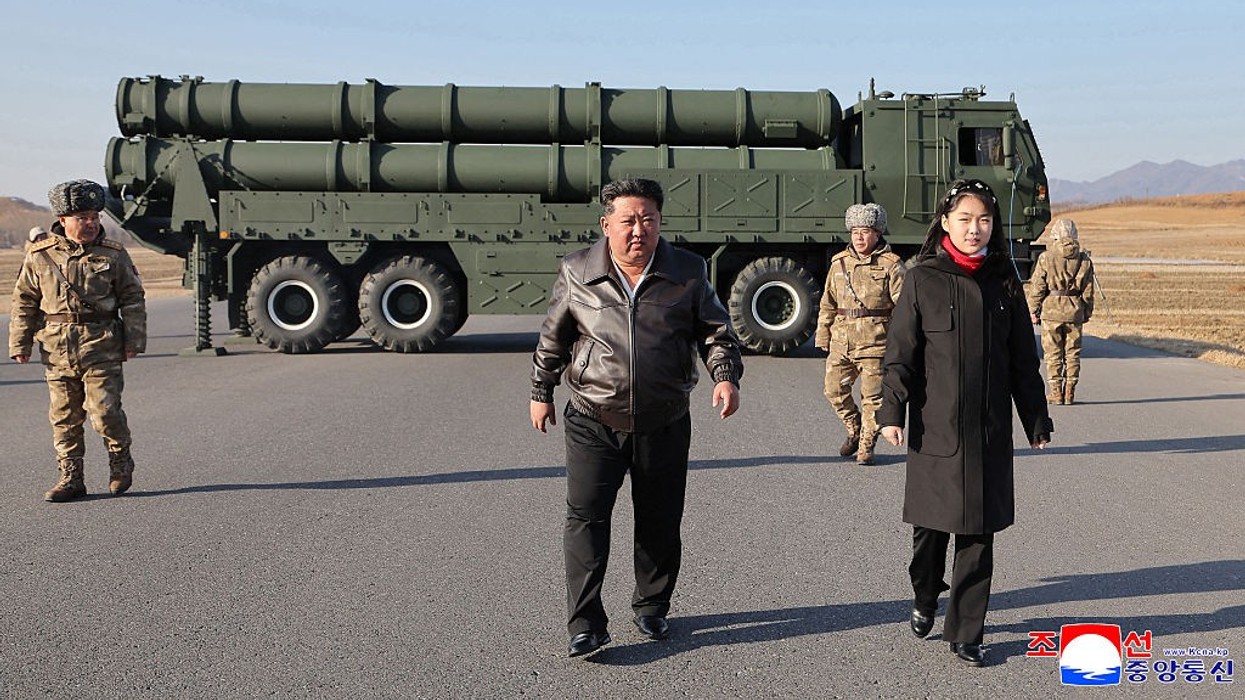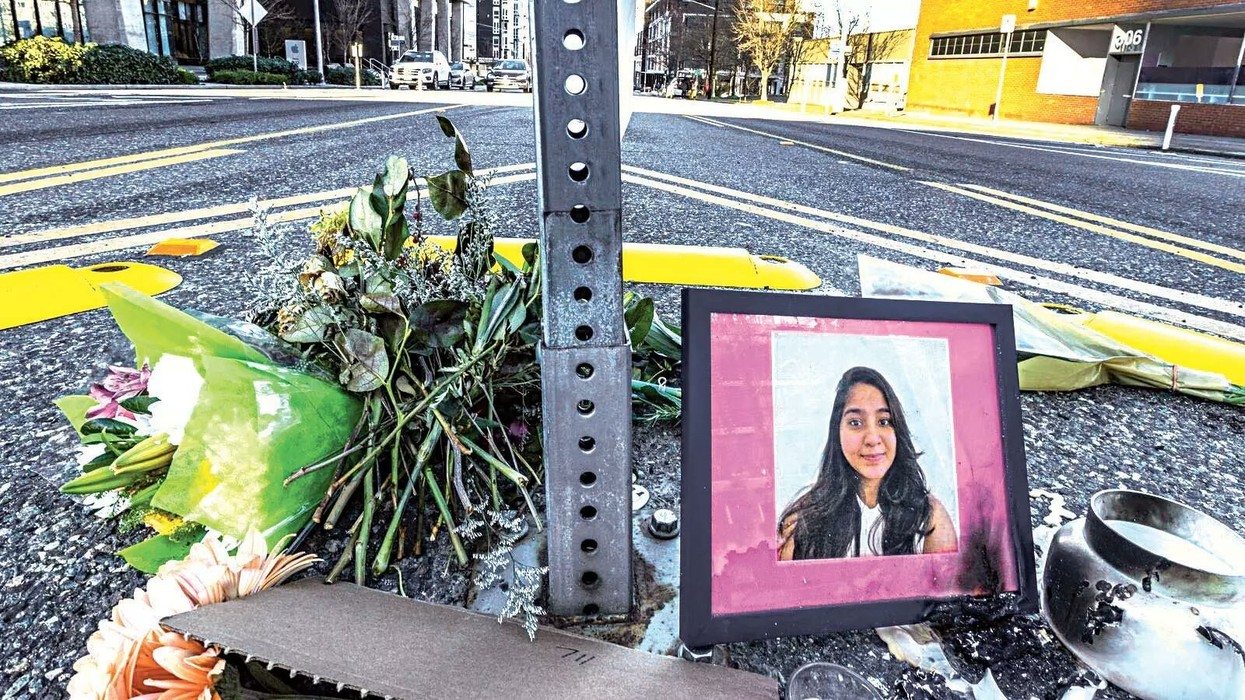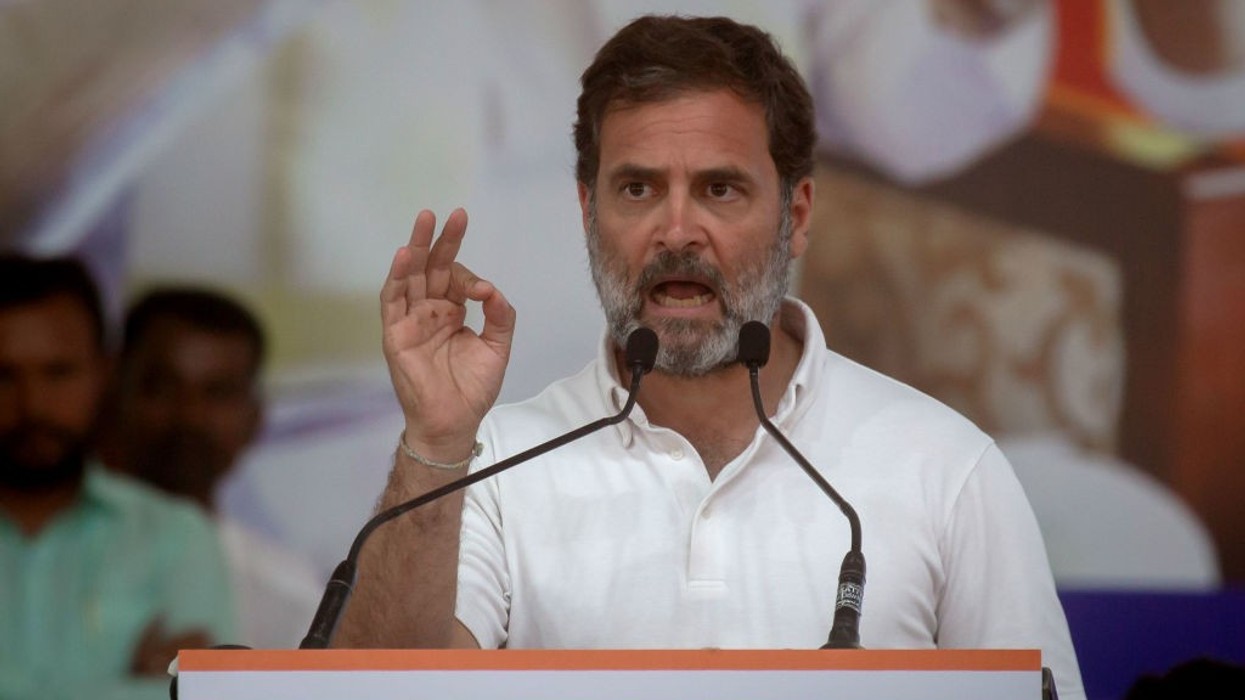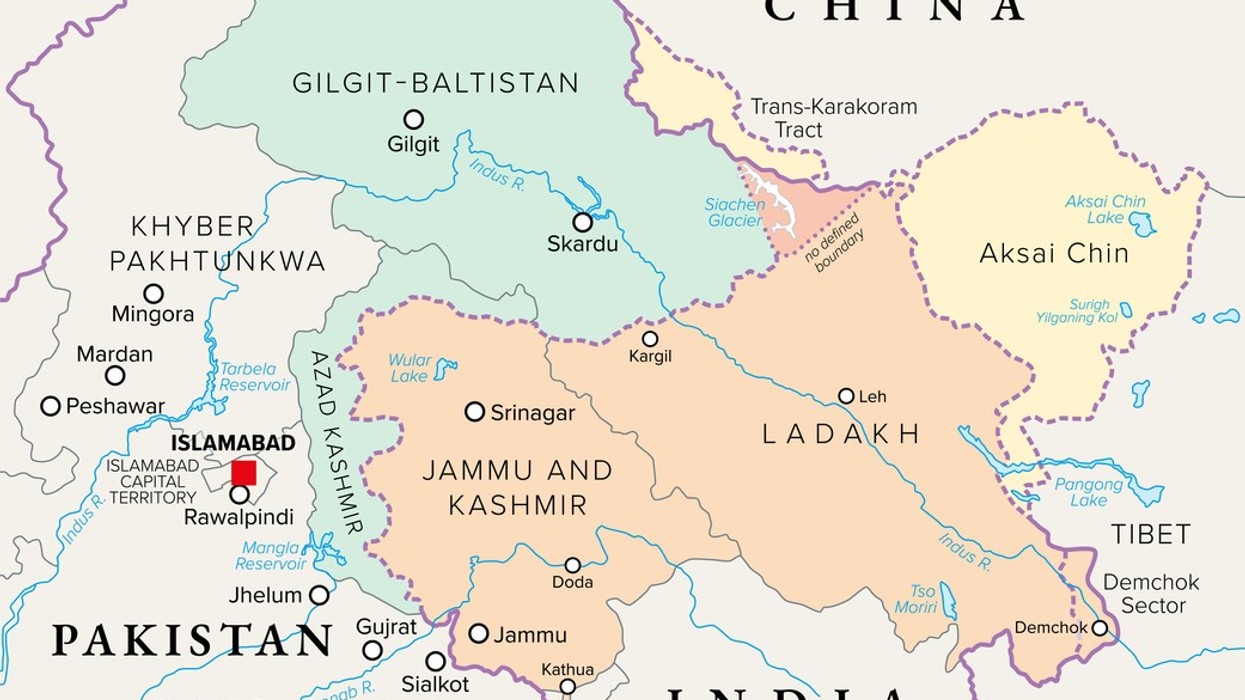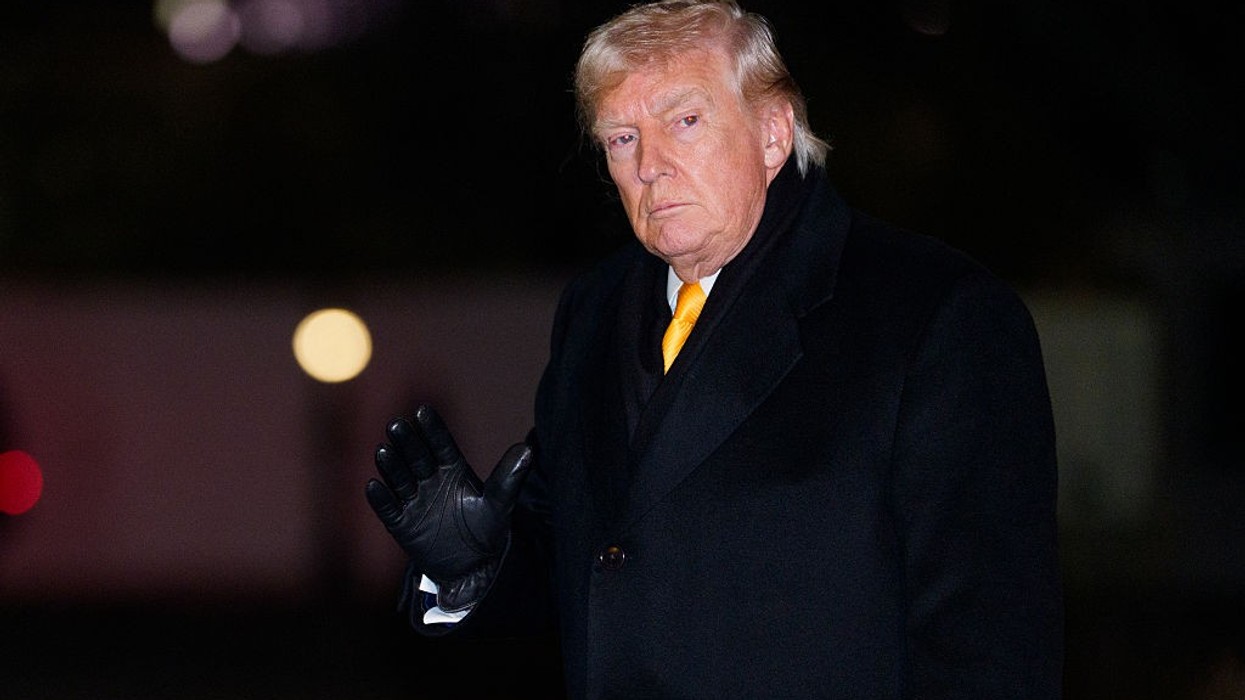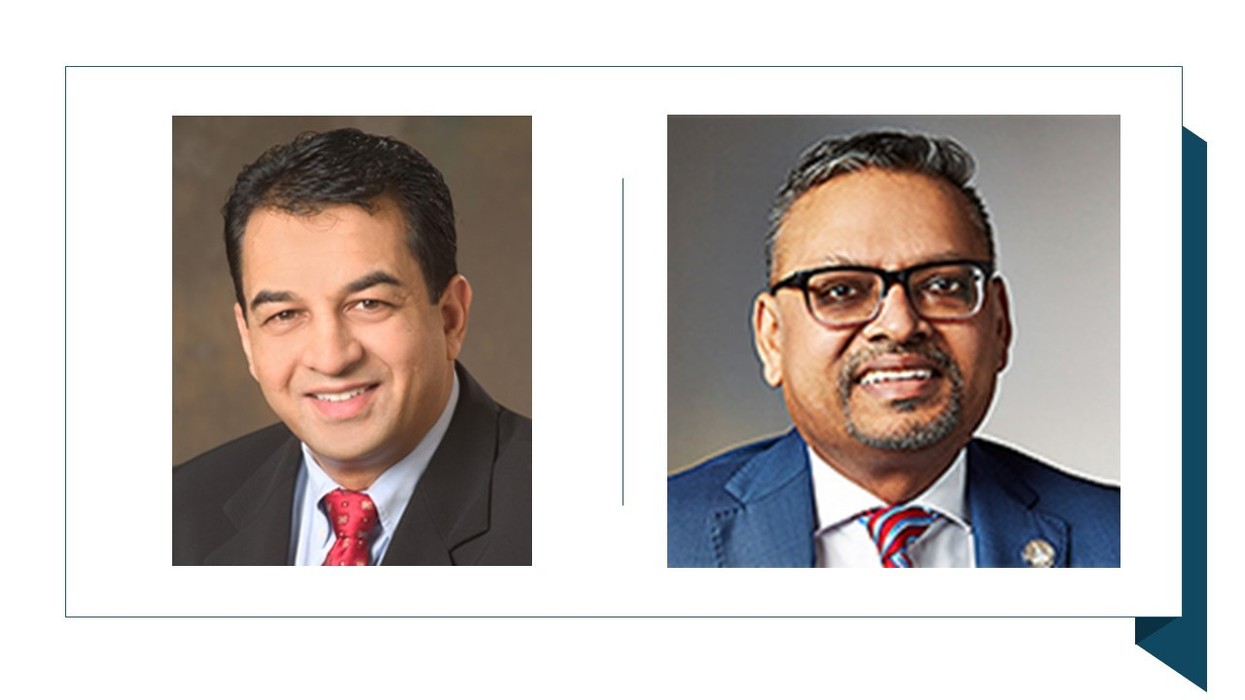India's prime minister Narendra Modi on Friday (15) pledged to make India self-reliant in energy, fertilizers, and strategic technologies, and to defend the interests of farmers “like a wall,” as the country faces trade pressure and tariff threats from the United States.
Delivering his annual Independence Day address from the Red Fort, Modi called self-reliance “the foundation of a developed India” and warned against overdependence on other nations. “Freedom becomes meaningless if someone becomes too dependent on others,” he said after military helicopters flew past, scattering flower petals over the crowd.
Relations with Washington have been strained by US demands that India stop buying Russian oil, a major source of revenue for Moscow as it continues its war in Ukraine. “We know that we remain dependent on many countries to meet our energy needs,” Modi said. “But to build a truly self-reliant India, we must achieve energy independence.”
Defense resolve and protection of farmers
Modi paid tribute to the armed forces, which fought a four-day conflict with Pakistan that ended in a ceasefire on May 10. “India will give a befitting reply to any other misadventure by the enemy,” he said, noting New Delhi’s suspension of its cross-border water-sharing treaty with Pakistan. “Blood and water will not flow together.”
On Thursday (14), the government recognized gallantry in “Operation Sindoor,” which included precision strikes on militant and military targets in Pakistan. Nine Indian Air Force pilots received the Vir Chakra, the country’s third-highest wartime honor, alongside four army personnel. IAF crews operating S-400 air defense systems during the conflict were also decorated.
Modi vowed to shield farmers, livestock rearers, and fishermen from harmful trade concessions, as India and the US negotiate a bilateral trade agreement. “India will never accept any compromise regarding its farmers, its livestock rearers, its fishermen,” he said, rejecting Washington’s calls for lower tariffs on agricultural and dairy imports.
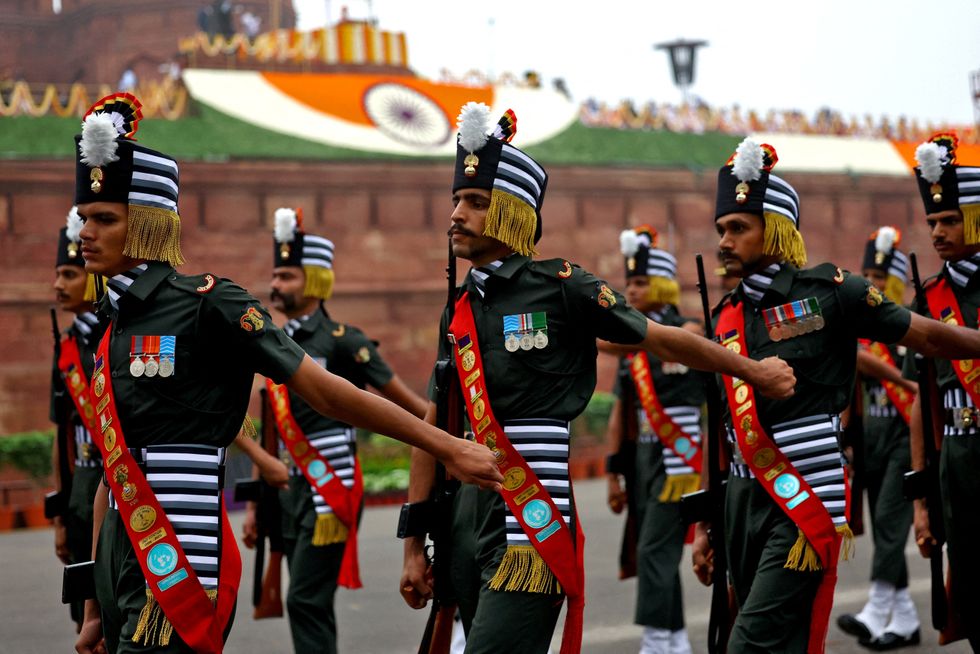
Cutting imports and building high-tech capacity
The prime minister voiced concern over large fertilizer imports, including urea and phosphatic and potassic nutrients, which he said cost the country valuable foreign exchange. He urged farmers to use fertilizers judiciously to protect soil health and reduce demand, while calling on industry and youth to innovate. “We should not be dependent on others. We should innovate and produce fertilizers as per our needs,” he said.
Modi called on scientists and engineers to focus on advanced defense systems, fighter jet engines, and semiconductors.
He announced that India’s first domestically made semiconductor chip would reach the market by the end of 2025. Six chip plants are operational, and four more have been approved, including facilities backed by US firms Intel and Lockheed Martin. The projects represent about $550 million in investment across Odisha, Andhra Pradesh, and Punjab.
India’s semiconductor market, currently valued at $45–50 billion, is projected to grow to $100–110 billion by 2030, according to industry estimates. Modi said India aims to build its own space station and a “defense shield” within the next decade, without giving further details. “Our youth, our scientists, and our industry have the capability to make India self-reliant in every strategic sector,” he said. (Agencies)
